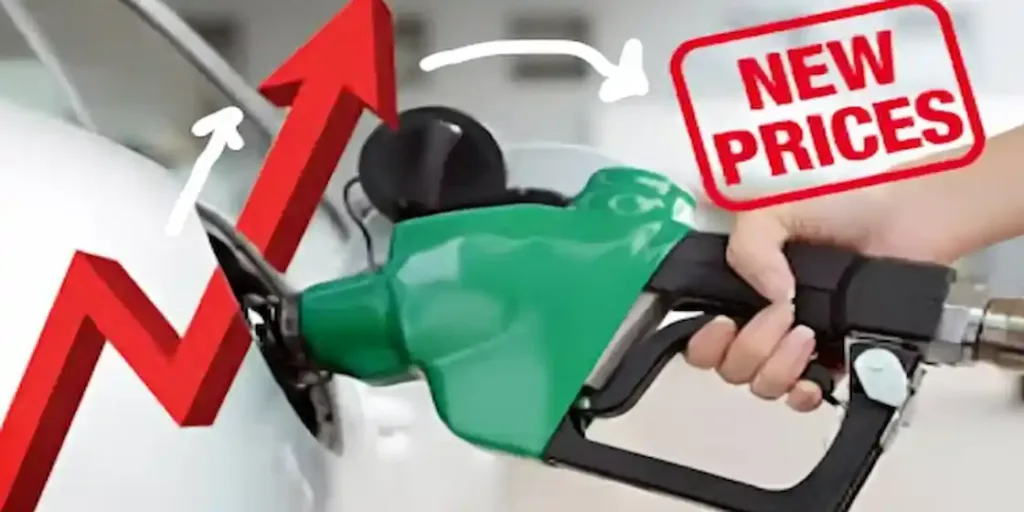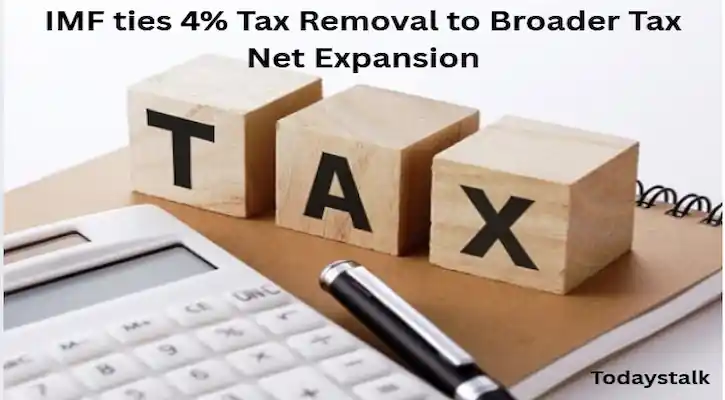The potential that petrol prices may rise by Rs 6.60 from July 16 is linked to international developments
Petrol prices may increase by Rs6.60 starting on July 16 in Pakistan, further taxing household budgets and driving expenses as the cost of living continues to burden average individuals.
The possible rise coincides with the weakening of the Pakistani rupee in relation to the US dollar and changes in global oil markets.
Concern has been raised nationwide by the announcement that petrol prices might increase by Rs6.60 starting on July 16 as companies, commuters, and transporters get ready for the fallout from yet another fuel price change.
Why July 16 Could See a Rs6.60 Increase in Petrol Prices
The following factors are the main causes of the potential Rs6.60 increase in gas prices starting on July 16:
- A rise in the price of crude oil globally as a result of OPEC+ countries cutting supply;
- The depreciation of the Pakistani rupee in relation to the US dollar, which raises the cost of oil imports;
- Possible changes to the petroleum levy under IMF guidelines as Pakistan aims to stabilize its economy. During the summer, seasonal demand rises.
Analysts in the energy industry estimate that if current trends continue, fuel prices might increase by Rs6.60 starting on July 16.
Government choices about levies and taxes would also affect the ultimate price.

The Worldwide Background of the Price Increase
International developments are connected to the possibility that gas prices will increase by Rs6.60 starting on July 16:
- Oil prices have risen beyond $85 per barrel as a result of OPEC+’s prolonged voluntary output reduction.
- Geopolitical conflicts throughout the world have impacted supply chains, which has increased price volatility.
- Global consumption is rising as a result of the recovery in demand in major economies like the US and China.
These elements, together with Pakistan’s significant reliance on imported gasoline, might cause petrol prices to increase by Rs6.60 starting on July 16 in order to bring local pricing into line with international market trends.
What Effect Will This Have on Pakistani Daily Life?
The following would happen if gas prices increase by Rs6.60 starting on July 16:
- Transportation Costs: As operators adapt to rising fuel costs, public transportation charges may go up.
- Inflation: A rise in gas prices will result in greater transportation expenses, which will drive up the cost of goods and services and fuel inflation.
- Household Budgets: Families already struggling with rising food and utility prices will be impacted by the expense of daily commuting and necessary travel.
- Business Operations: Small businesses may be impacted by the rising operational expenses of supply chains, logistics, and delivery services.
The news that gas prices might increase by Rs6.60 starting on July 16 implies that many Pakistanis will have to further restrict their finances and change their lifestyles to cope with the impact.
Responses from the Public to the Potential Price Increase
Reactions to the announcement that gas prices might increase by Rs6.60 starting on July 16 have been divided.
- Many commuters have expressed their dissatisfaction on social media due to the rising expense of transportation.
- If the price rise is enforced, transporters warn that both intracity and interstate travel would be affected by fare hikes.
- Companies expect increased shipping and logistics expenses, which might lead to changes in product prices.
- Although the increase is related to global market conditions, analysts contend that Pakistan need long-term energy strategies to keep gasoline costs stable.
The Government's Opinion on the Possible Trek
Although gasoline prices may increase by Rs6.60 starting on July 16, Petroleum Division officials said that final decisions would rely on:
- Global price fluctuations.
- Future exchange rate patterns.
- Supply chain expenses for oil imports.
- Modifications to the petroleum levy and sales tax in accordance with budgetary goals.
IMF accords put pressure on the government to maintain budgetary restraint, which might restrict subsidies or changes that could protect consumers.
What Are the Options for Customers?
If gas prices increase by Rs6.60 starting on July 16, people can:
- Make effective travel plans to cut down on gasoline usage.
- To cut expenses, carpool or take public transportation whenever you can.
- To increase fuel economy, maintain the vehicle’s health (tire pressure, engine tune).
- Keep an eye on announcements regarding gasoline prices to strategically plan refilling.
These steps can lessen the impact of the possible rise, but they cannot completely eliminate the burden.
Long-Term Prospects: Will There Be More Hikes?
According to analysts, fuel prices might increase by Rs6.60 on July 16 if present local and international trends persist.
Additional changes might be made in later assessments, based on:
- Stability of the price of crude oil globally.
- The performance of the rupee in relation to the dollar.
- Needs for government revenue under the IMF program.
In order to lessen its reliance on imports, Pakistan must investigate other energy sources and increase the capacity of its own refineries.
Concluding remarks
The possibility that fuel prices would increase by Rs6.60 starting on July 16 serves as a sobering reminder of Pakistan’s economic susceptibilities to pressures from the currency and international energy markets.
In an already expensive atmosphere, this possible raise will put millions of Pakistanis’ finances to the test and need cautious financial planning.
The crisis also emphasizes the critical need for fundamental reforms in Pakistan’s energy and economic sectors to increase resilience against future shocks, even though short-term suffering appears inevitable.








 Bitcoin
Bitcoin  Ethereum
Ethereum  XRP
XRP  Tether
Tether  Solana
Solana  TRON
TRON  Dogecoin
Dogecoin  Litecoin
Litecoin